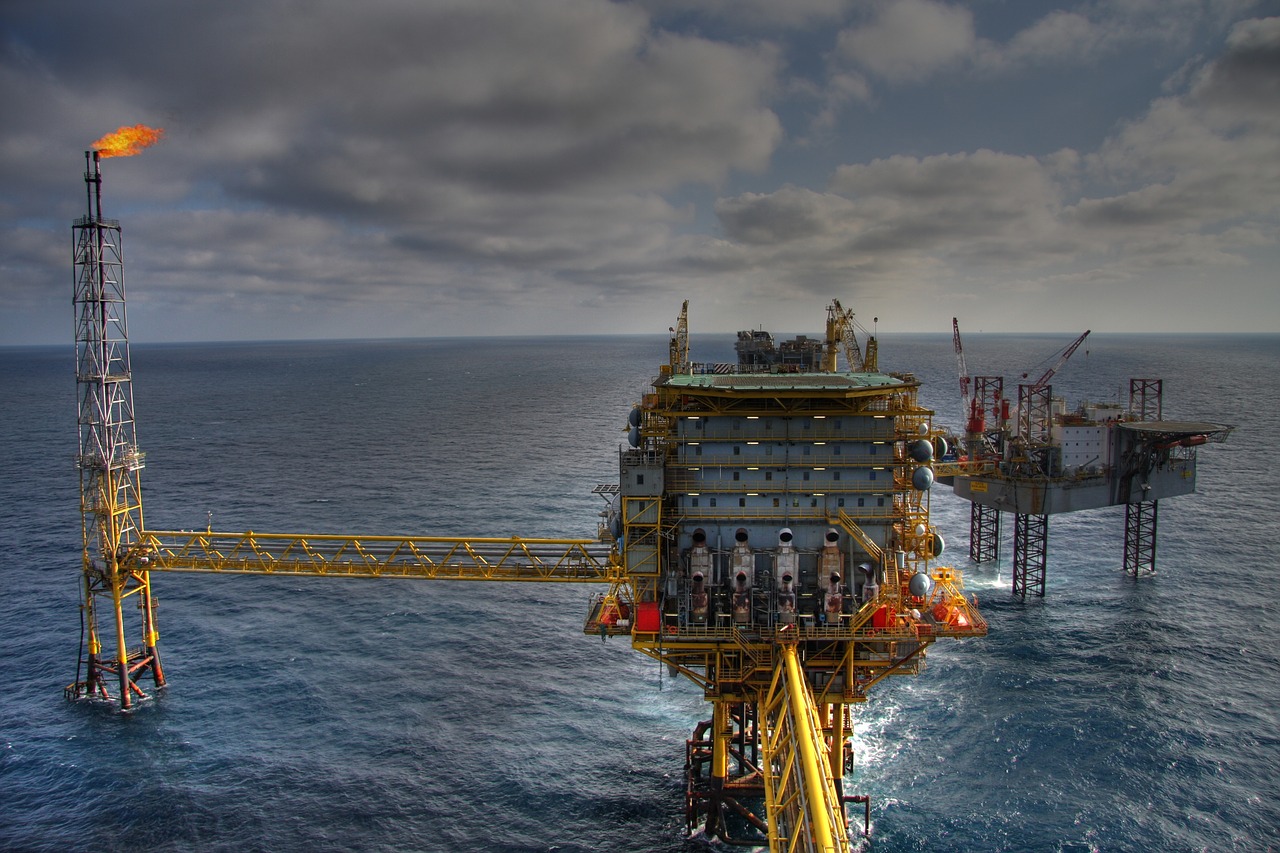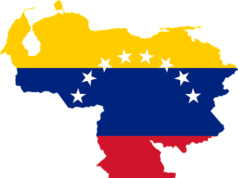
Children splashing on the shores of Lake Maracaibo. The school has failed again because there is no electricity – as so often in recent months. Then the air conditioners will not work and the damp heat can hardly be endured. On a pipe that protrudes into the murky water stick thick black oil residue.
The environmental catastrophe is taking shape on the Caribbean Sea, the former center of Venezuelan oil production. Again and again, oil leaves the rotting plants in large quantities. Fisherman’s wife Yelick Zamora watches the children playing from a shady spot:
„Our men are trying to find places where the water is a bit cleaner so they can fish, if we have a fresh oil slick here we can not go into the water, the hinges will break and we’ll get rashes from the chemicals in the water, Eczema and tumors. “
Less oil spills only positive news
Lately, however, there are less oil spills, says the woman. This is the only positive side effect of the ever-shrinking production, explains a group of five workers from the state-owned oil company PDVSA. In a secret place, without names and photos, the men report the extent of the decline of recent years. Nobody is allowed to talk about it openly. They show the video that a colleague has shot at the dilapidated facilities. He is now in prison for that. The worker Francisco tells:
„The lake is totally contaminated because nothing has been done against pollution for years – the docks are rotting, broken, sunken tow and cargo vessels are stacked on top of each other, and the docks are a single garbage dump because there is no maintenance – PDVSA is on the ground is the downfall. “
Oil industry a shadow of itself
The PDVSA workers report corruption, incompetence, sloppiness and lies: Officially, more than 200,000 barrels of oil are mined daily on Lake Maracaibo. But there are still a maximum of 50,000, the men are safe. At its heyday, when PDVSA was one of the world’s most successful oil companies, it was 900,000 barrels a day.
Today, only about 10 of the once 250 boats for transport and supply are in use on the lake, and they have technical problems: radio and navigation systems did not work, batteries and accessories disappeared, jibs for natural gas tankers would no longer have extinguishing systems, even though they worked with high-explosive gas becomes.
PDVSA practically stands still, says Francisco. „We workers could not even strike because PDVSA is already paralyzed and produces nothing more.“ His colleague, José, also talks about a collapsed production.



